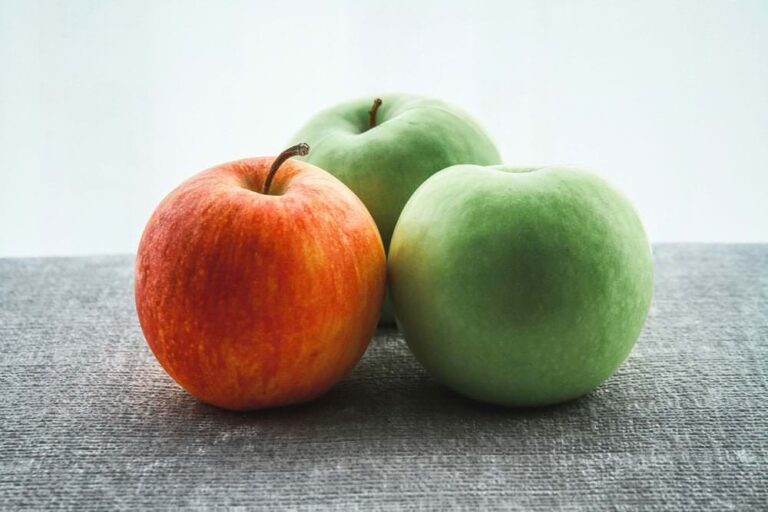avoir la dent dure
French is full of colorful expressions that don’t always have obvious meanings at first glance. One such expression is “avoir la dent dure”, which literally translates to “to have a hard tooth.” Its figurative meaning, however, is quite different.
Meaning and Origin of the Expression
The expression “avoir la dent dure” is used to describe someone who is highly critical, harsh in their judgments, or ruthless in their remarks. It applies to a person who does not mince their words and is particularly severe in their criticism, whether spoken or written.
The origin of this expression comes from the old association of teeth with strength and biting. A “hard tooth” symbolizes someone whose words “bite,” meaning they do not hold back when expressing an opinion.
Usage and Examples
This expression is often used when referring to a strict literary or art critic, a demanding teacher, a sharp journalist, or even a friend who speaks bluntly. Here are some examples demonstrating its use in different verb tenses:
- Présent : Paul a la dent dure quand il parle de ses collègues : il ne leur laisse rien passer !
(Paul has a sharp tongue when he talks about his colleagues; he doesn’t let anything slide!) - Passé composé : Lors de son intervention, la journaliste a eu la dent dure contre le gouvernement.
(During her speech, the journalist was very critical of the government.) - Imparfait : Mon ancien professeur de philosophie avait la dent dure, mais ses remarques nous faisaient progresser.
(My former philosophy teacher was quite severe, but his remarks helped us improve.) - Futur : Je pense que l’écrivain aura la dent dure dans sa prochaine chronique.
(I think the writer will be harsh in his next column.) - Conditionnel : Si elle était critique gastronomique, elle aurait la dent dure avec les restaurants moyens.
(If she were a food critic, she would be very tough on mediocre restaurants.) - Subjonctif : Je crains qu’il n’ait la dent dure envers nous après cet échec.
(I fear that he will be harsh on us after this failure.)
Variations and Similar Expressions
Other French expressions share a similar meaning to “avoir la dent dure”:
- “Ne pas mâcher ses mots” – To speak frankly without sugarcoating words.
- “Ne pas y aller de main morte” – To be very harsh in criticism.
- “Être incisif(ve)” – To use a sharp and cutting tone in remarks.






